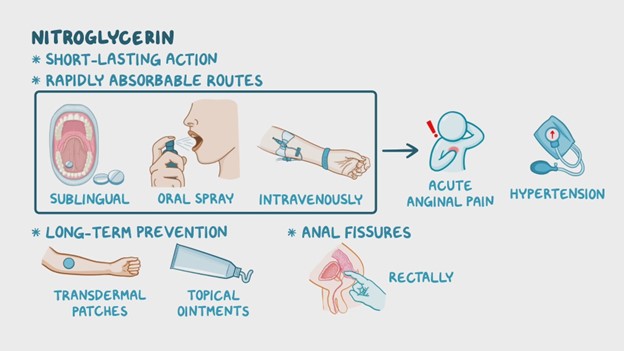A nurse is participating in an interprofessional client care conference for a client who has experienced a stroke. The nurse should identify that which of the following client care issues requires reporting to the interprofessional team?
The client requires reinforcement of teaching about the purpose of his medications.
The client is unable to grasp eating utensils.
The client requests to perform ADLS later in the day.
The client tells the nurse he prefers a snack before bedtime.
The Correct Answer is B
This issue indicates a potential difficulty with fine motor skills and may impact the client's ability to feed themselves independently.
It is important for the interprofessional team, including occupational therapy and/or physical therapy, to be aware of this issue and collaborate on appropriate interventions to improve the client's functional abilities and promote independence in activities of daily living (ADLs).
Nursing Test Bank
Naxlex Comprehensive Predictor Exams
Related Questions
Correct Answer is ["C","D","E","F"]
Explanation
c, d, e, and f.
a.An advance directive does not automatically discontinue further care. It simply provides guidance to healthcare providers on the client's wishes for medical treatment. It is important for the nurse to explain this to the client and ensure that they understand the purpose of an advance directive.
b. While nurses can provide information and support the client in understanding the importance of having a power of attorney for healthcare, initiating such documents is typically not within the scope of nursing practice. This task usually requires legal guidance and formalities that go beyond nursing responsibilities.
c.Accurate documentation is crucial in healthcare. If a provider discusses do-not-resuscitate (DNR) status with a client, it must be documented in the client's medical record to ensure that all healthcare team members are aware of the client’s wishes.
d. Provide the client with writen information about advance directives: It is important for the nurse to provide the client with writen information about advance directives, including their rights and options for creating an advance directive. This information should be provided in a clear and understandable manner.
e. Communicate advance directives status via the medical record and shift report: The nurse should communicate the client's advance directives status to other members of the healthcare team via the medical record and shift report. This ensures that everyone involved in the client's care is aware of the client's wishes and can provide care that is consistent with those wishes.
f. Instruct the client that an advance directive is a legal document and must be honored by care providers: The nurse should instruct the client that an advance directive is a legal document that must be honored by care providers. This ensures that the client understands the importance of their advance directive and can advocate for their wishes if necessary.


Correct Answer is A
Explanation
The client should choose a clean, dry, hairless area of skin to apply the patch. It is important to rotate the application site to avoid skin irritation and ensure consistent drug absorption. The patch should be replaced every 24 hours, not every 12 hours. If the client experiences a headache, it is not necessary to remove the patch, as headaches can be a common side effect of nitroglycerin use. Applying the patch in the same place every day can lead to skin irritation and decreased absorption.

Whether you are a student looking to ace your exams or a practicing nurse seeking to enhance your expertise , our nursing education contents will empower you with the confidence and competence to make a difference in the lives of patients and become a respected leader in the healthcare field.
Visit Naxlex, invest in your future and unlock endless possibilities with our unparalleled nursing education contents today
Report Wrong Answer on the Current Question
Do you disagree with the answer? If yes, what is your expected answer? Explain.
Kindly be descriptive with the issue you are facing.
